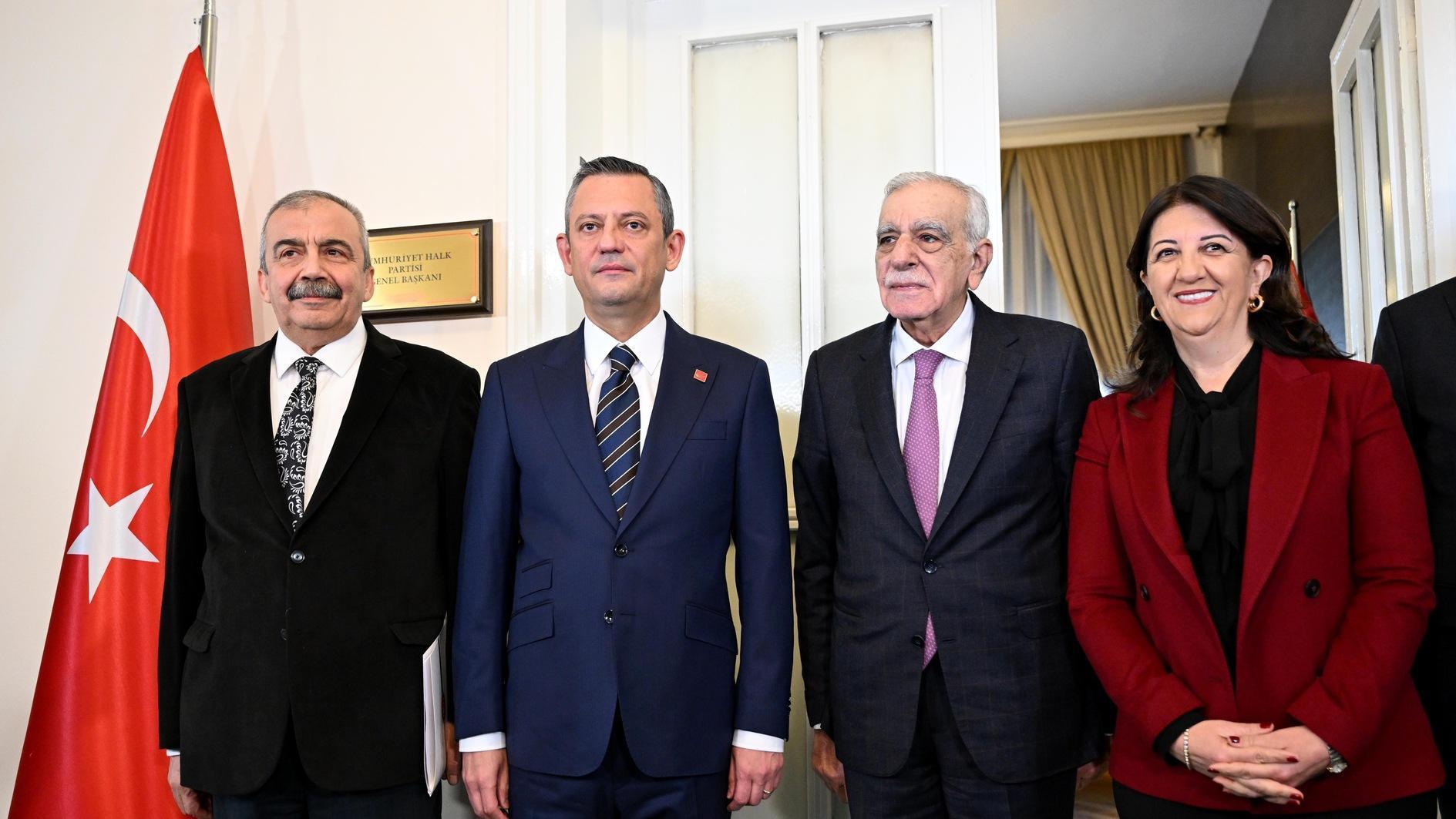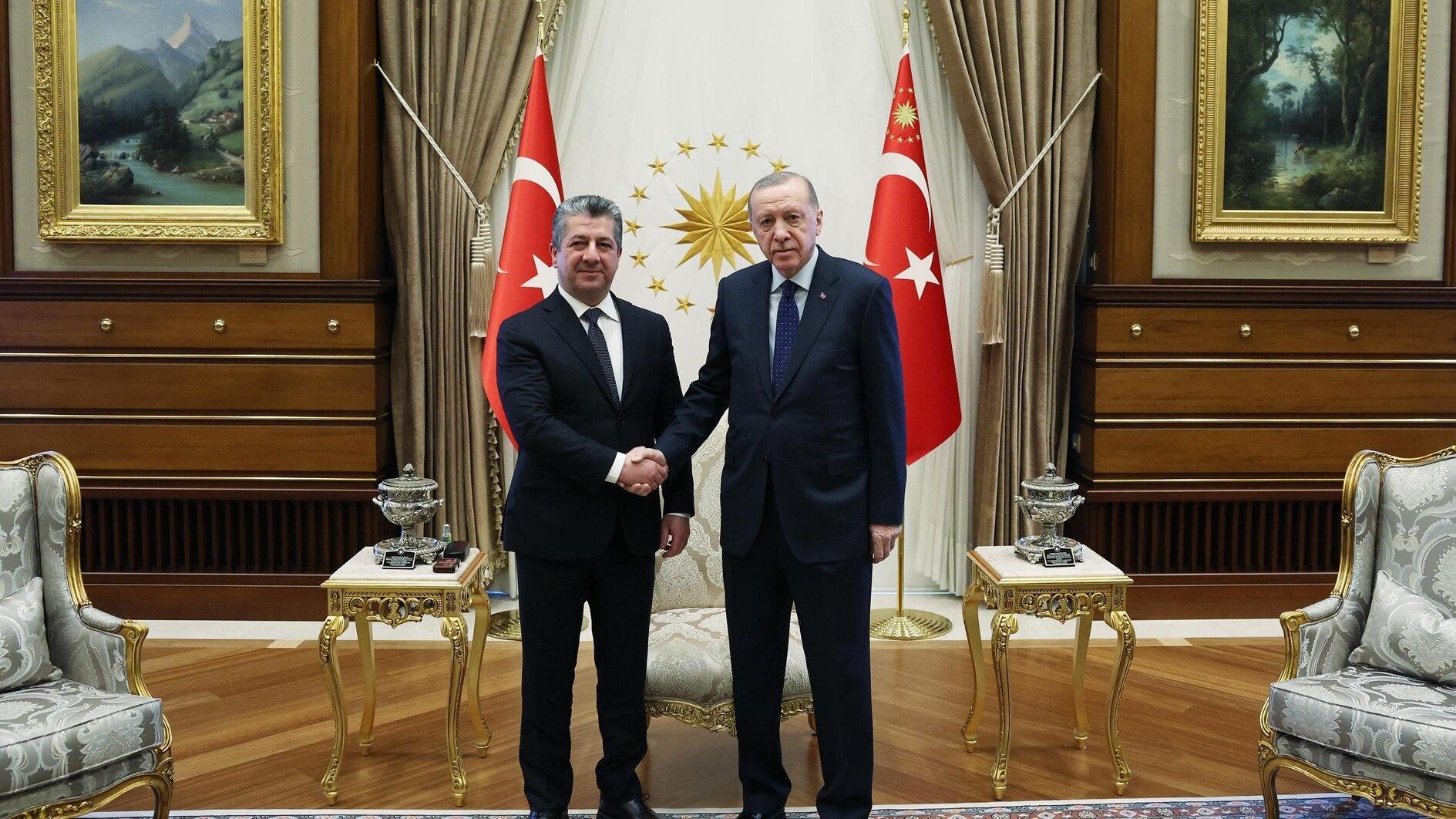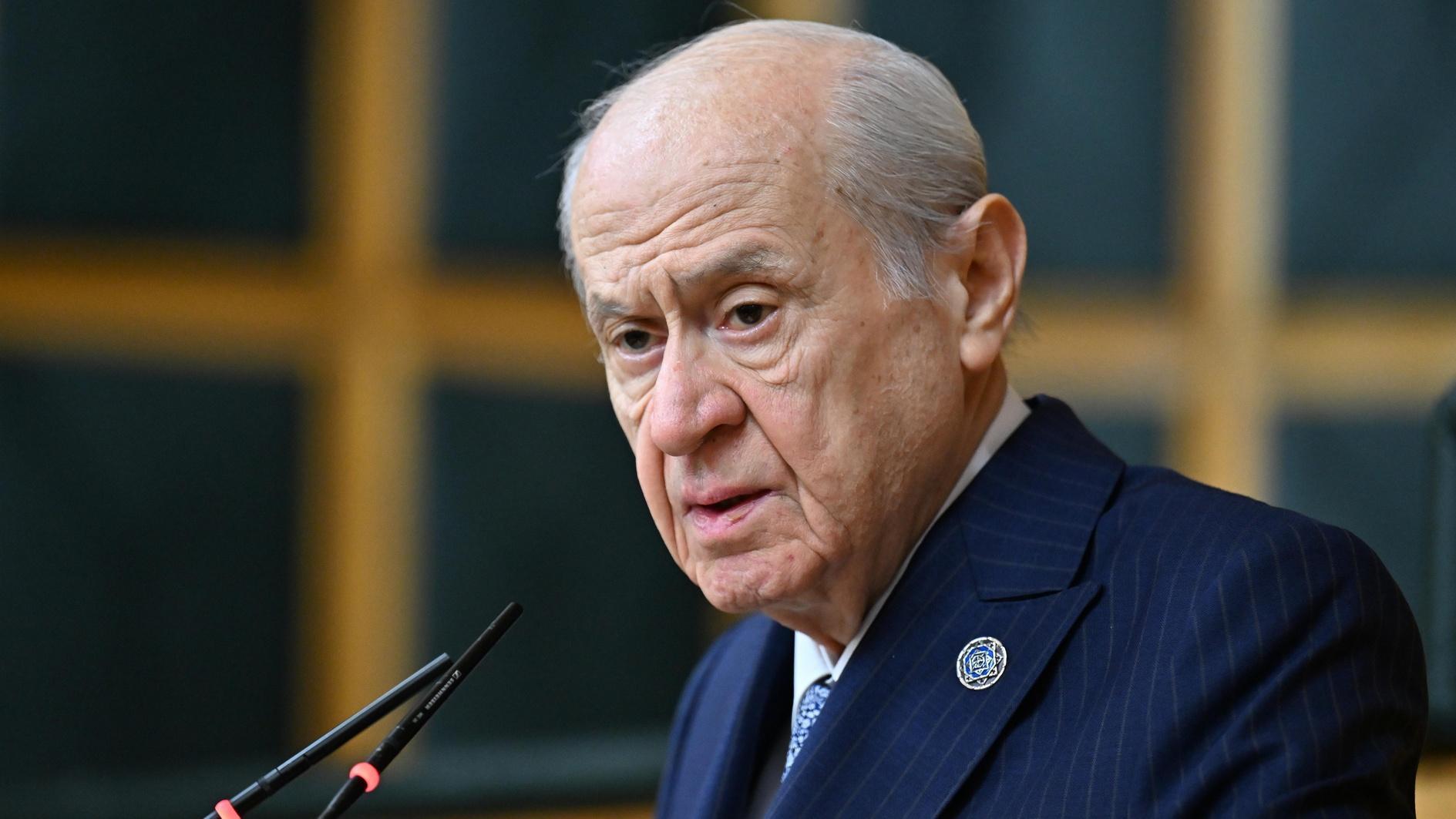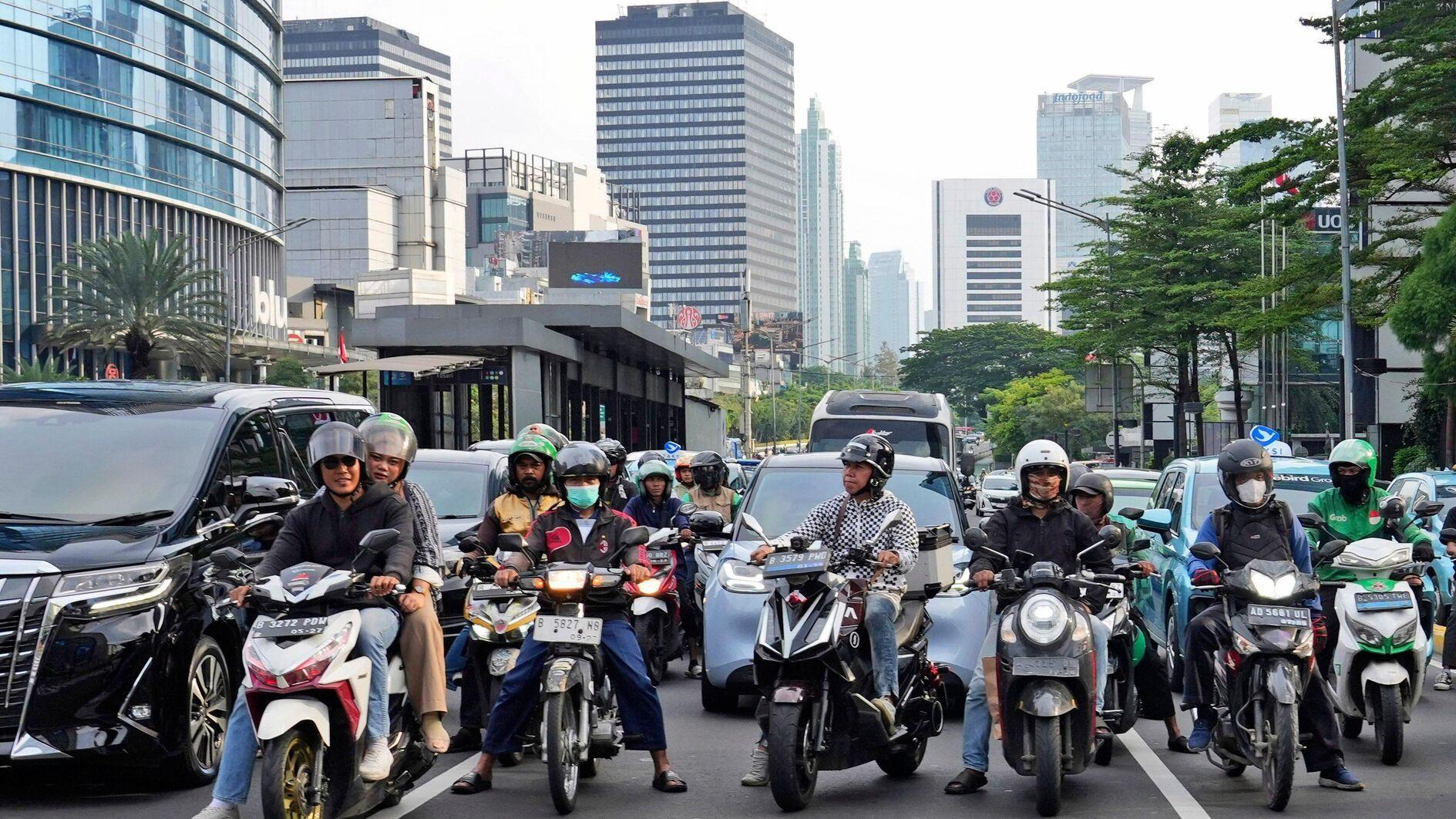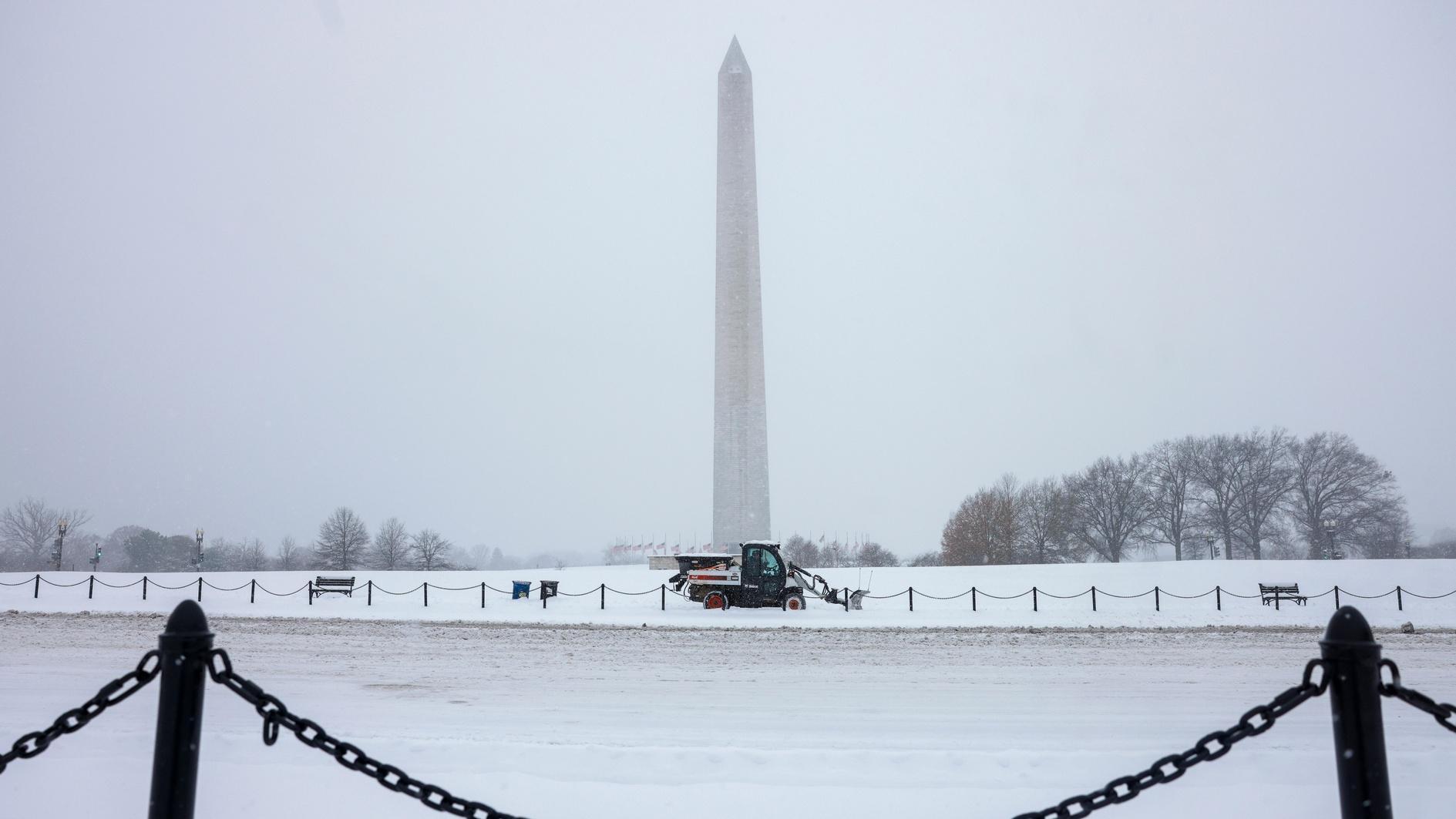In a highly fragile security environment
As the tension continues over the Syrian mortar fire that killed five civilians in the Turkish border town of Akçakale, Turkish Prime Minister Tayyip Erdoğan warned Damascus once again not to test Turkey’s limits. Repeating an old proverb from Ottoman times, “If you want peace and tranquility,” he said, “you have to be ready for war.” He said Turkey “was not fond of war, but not too far away from it either.”
It is obvious that the United Nations Security Council condemnation of Syria for its violations has not soothed the Turkish premier. Perhaps the reason is Russian President Vladimir Putin’s last minute intervention to lift the veto on the condition that there would be no mention of Syria posing a threat to international peace and security, which might have opened a gate for further steps to put more pressure on the Bashar al-Assad regime in Syria. Perhaps it was the apparent support for Turkey from some Western allies followed by a call to “both sides” as if the Syrian civil war is something between Turkey and Syria. Perhaps he is not happy at all with the dose of support Turkey got from the U.S. and NATO. And perhaps he was agitated further by the Syrian U.N. representative who denied reports in the Turkish press quoting Turkish officials and said his country did not apologize because of the fatal incident but only expressed condolences because of the loss of lives. But he was upset enough to make those strong remarks at the launching ceremony of Turkey’s biggest-ever urban transformation project.
And the al-Assad regime, thinking that Russia would never let them down, does not seem impressed by Turkey’s raising its voice or Parliament giving authority to the government to deploy troops into Syria when it thinks it necessary for Turkish security and carrying out its massive campaign to smash the rebel forces, which, by the way, are hitting harder every passing day.
The escalated tension between Turkey and Syria has added up to the fragility of the security environment of the whole region.
Here is a summary of the security environment in the Middle East: Syria is backed by Russia and Iran. Russia and Iran are not very pleased with the new anti-missile NATO radar in Turkey. Israel, who has the same type of radar but is not on good terms with Turkey, wants to hit Iran because of its nuclear program, if possible before the Presidential elections in the U.S. Iran (which is in serious economic difficulties) is also a side in the inner conflict in Iraq, supporting the Shiite Prime Minister Nouri al-Maliki there against the Kurds in the north. Iraqi Kurds in the north, by the Turkish border, want to have closer relations (with all their oil and gas) with Turkey but the Turkish-origin outlawed Kurdistan Workers’ Party’s (PKK) presence there is an obstacle. And if Syria and Iraq will fall apart, nobody knows where the chain reaction will stop, including regime and possibly border changes.
Not to trigger further pessimism, but dark clouds are accumulating over the region.



